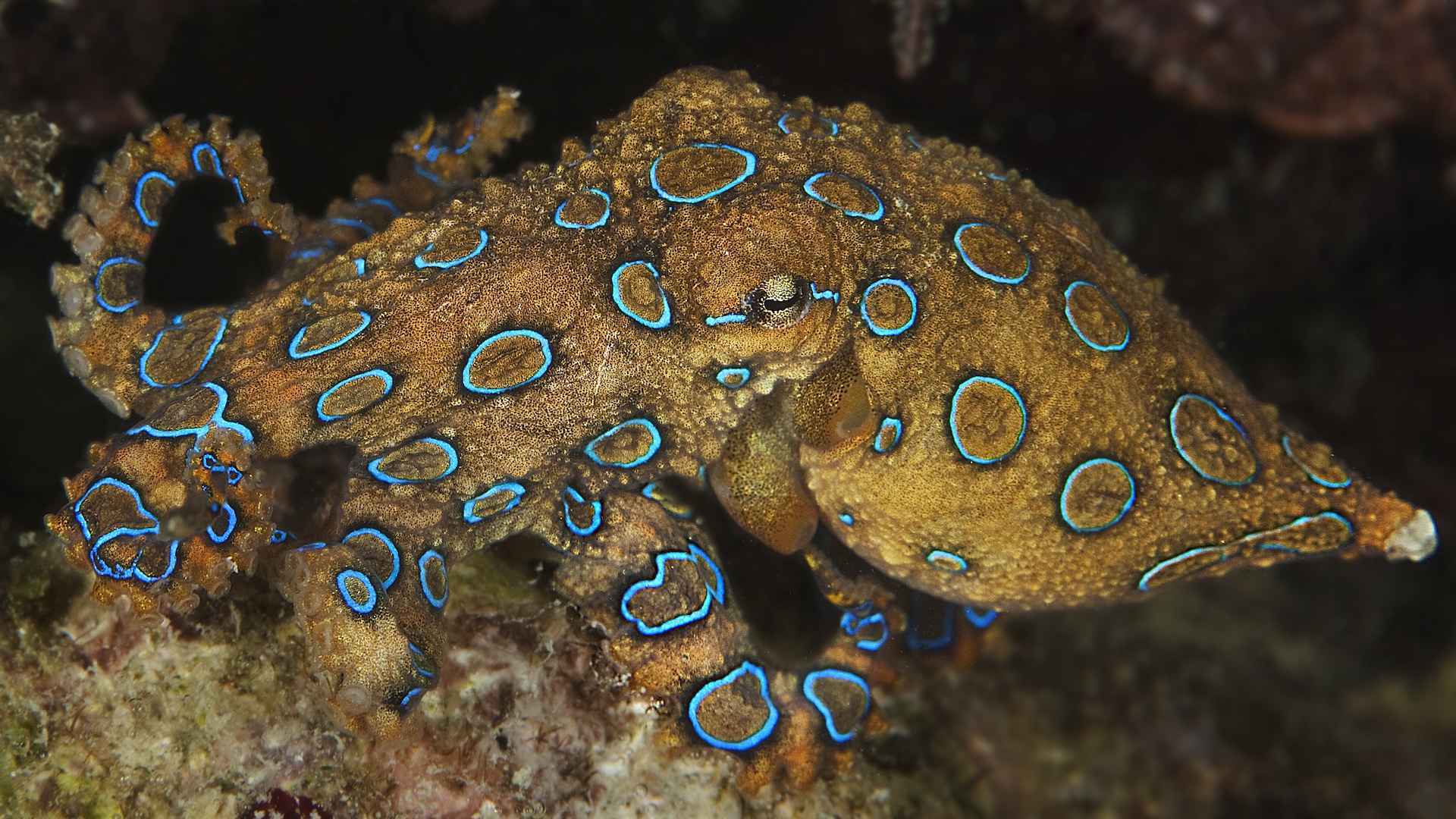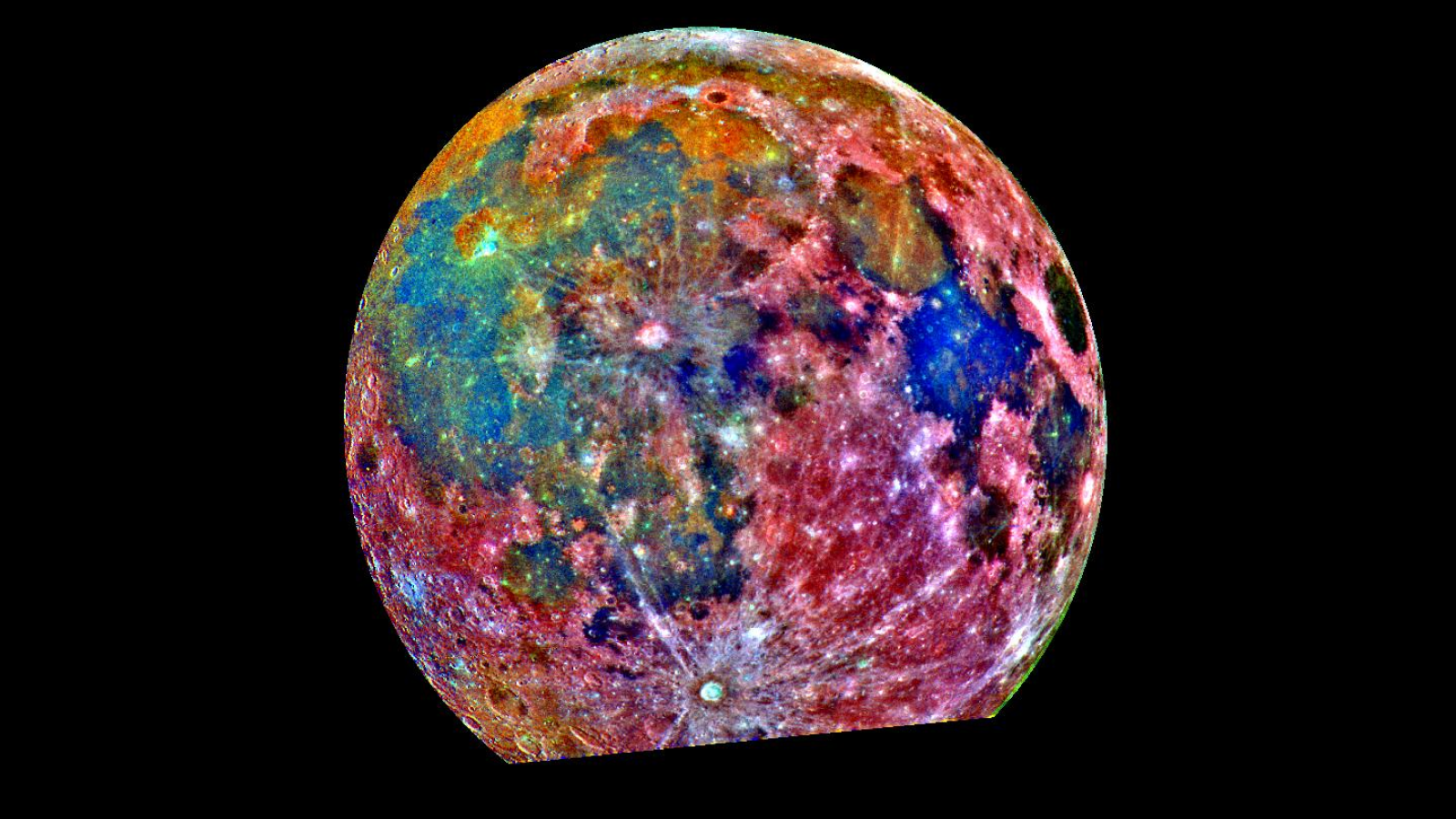Life's Little Mysteries: Science questions, answered

The world can be a pretty mysterious place and we at Live Science love to ask and answer scientific questions about mysteries big and small: about ancient civilizations, our planet and our solar system, the plants and animals that live alongside us, our bodies and how they work, and the technologies that we use every day.
Join us on this exciting voyage of discovery and downright weirdness as we solve … Life's Little Mysteries.
Sign up for our weekly Life's Little Mysteries newsletter to get the latest mysteries before they appear online.
Latest about Life's Little Mysteries

What happened to Rome after the empire fell?
By Owen Jarus published
Rome continued on after the Western Roman Empire fell but faced war and a population crash.
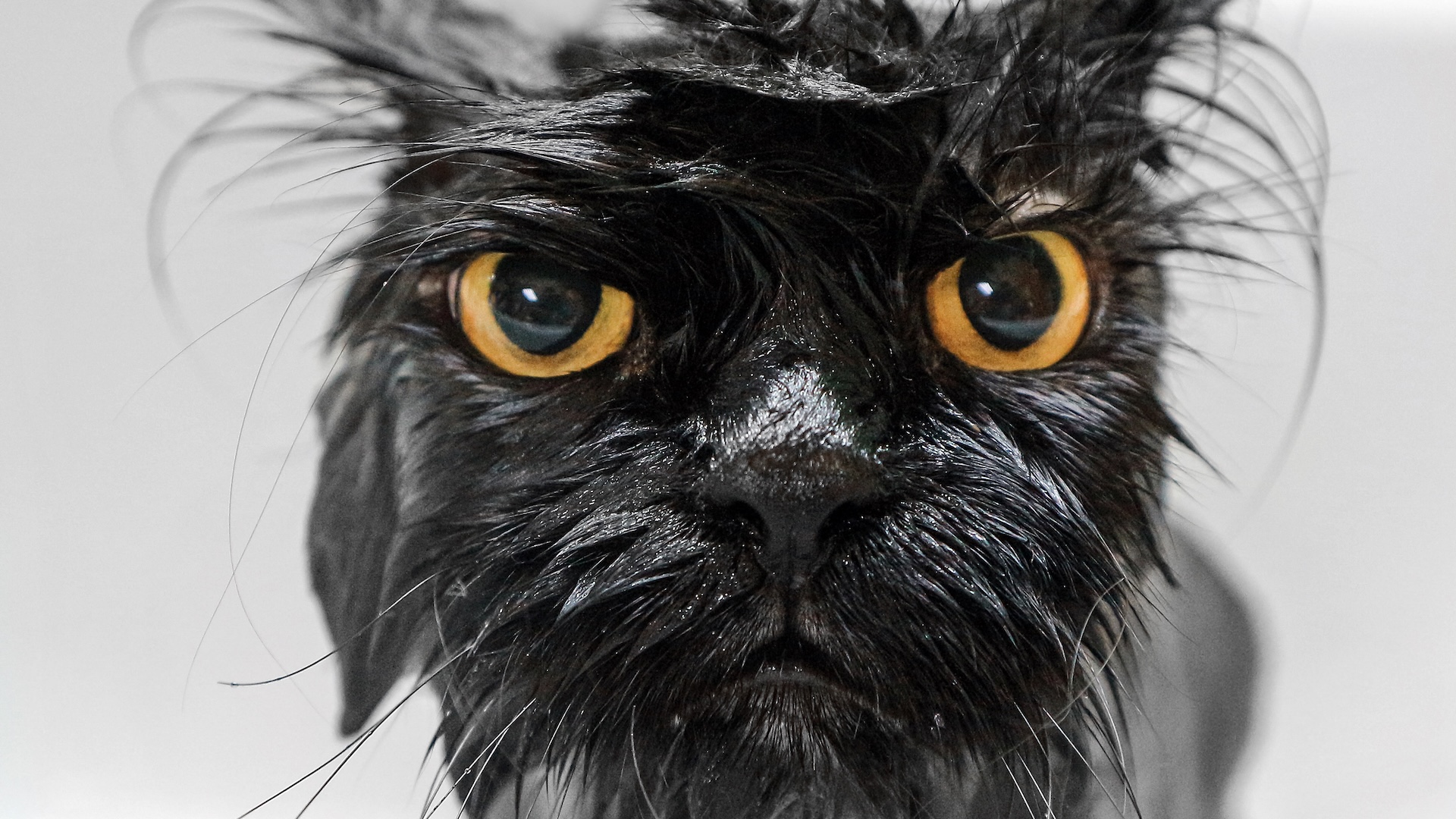
Why do cats hate water?
By Marilyn Perkins published
It's a well-known fact that most cats despise getting wet. But why?

Could we ever build a transatlantic tunnel?
By Ashley Hamer published
Will we ever have an underwater tunnel between New York and London?

Can other metals be turned into gold?
By Victoria Atkinson published
Other metals might be worth their weight in gold, but can they be turned into it?
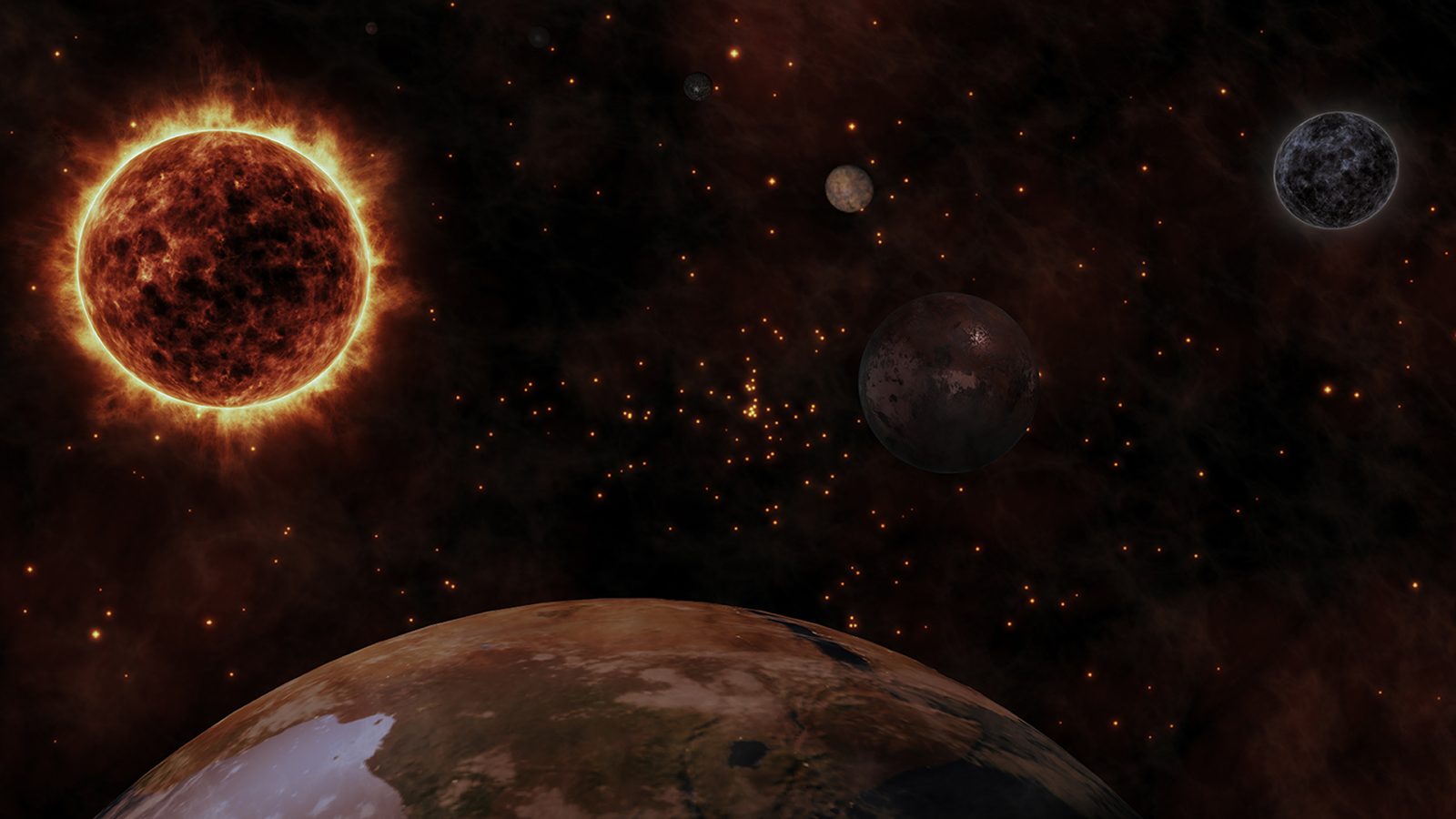
When will the solar system die out?
By Sara Hashemi published
After the sun goes out, what will happen to the solar system — and how long will it last?
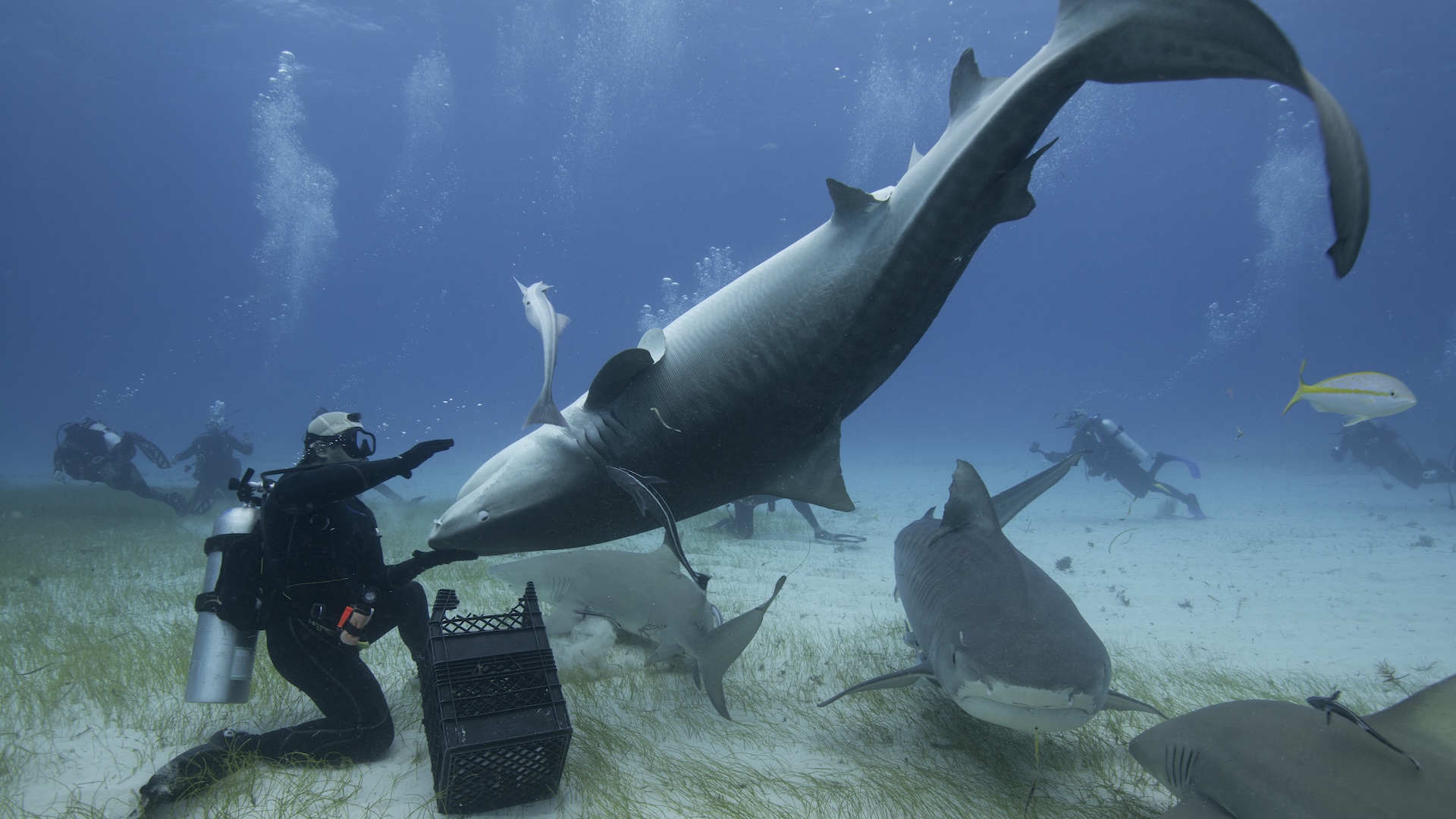
Why do sharks freeze when flipped upside down?
By Melissa Hobson published
Many shark species are temporarily paralyzed when turned upside down. But what benefit does this trait have?
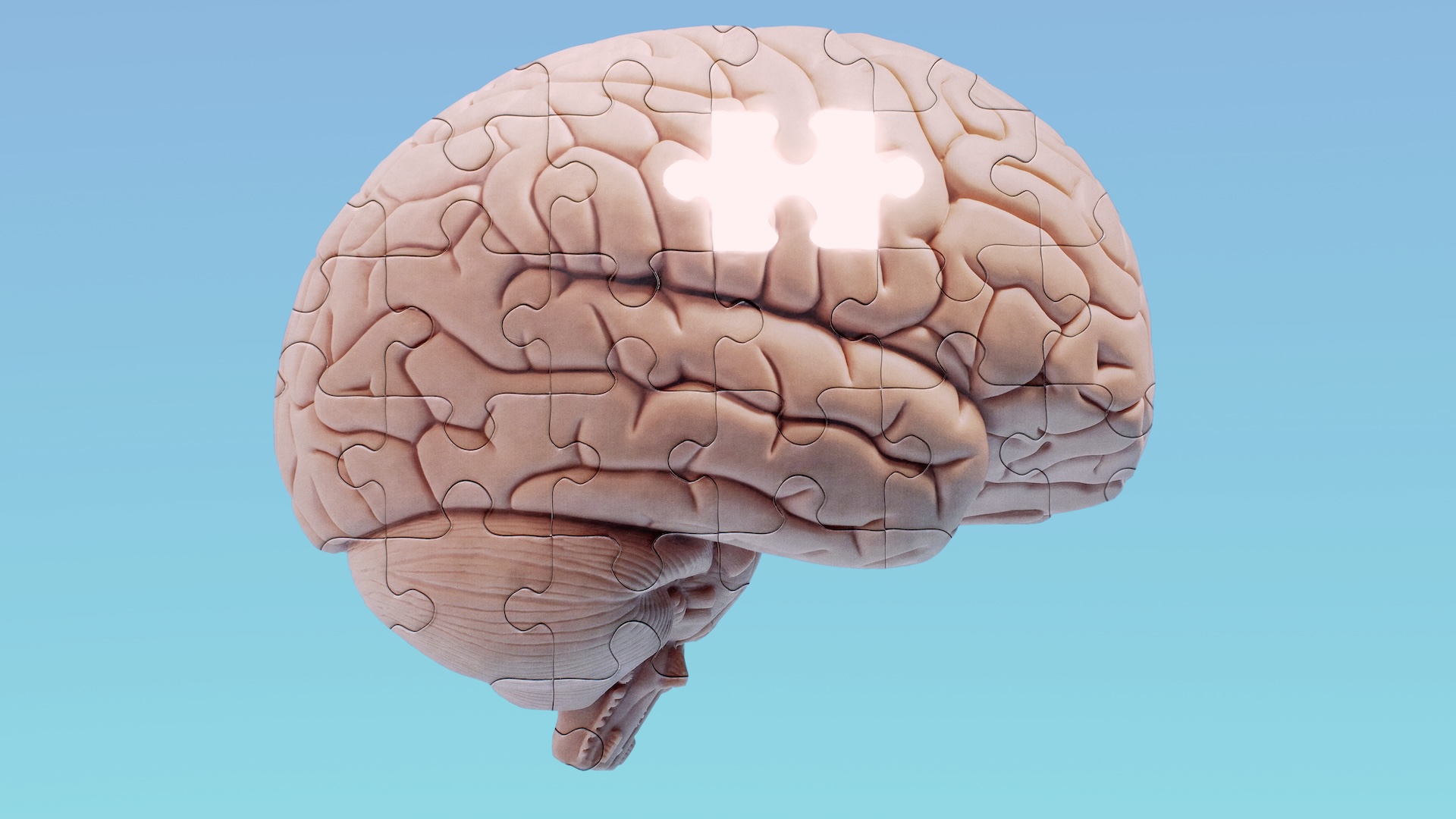
Can your brain run out of memory?
By Roberta McLain published
Your memory relies on reusing, overlapping and adapting rather than on a fixed number of storage spots.
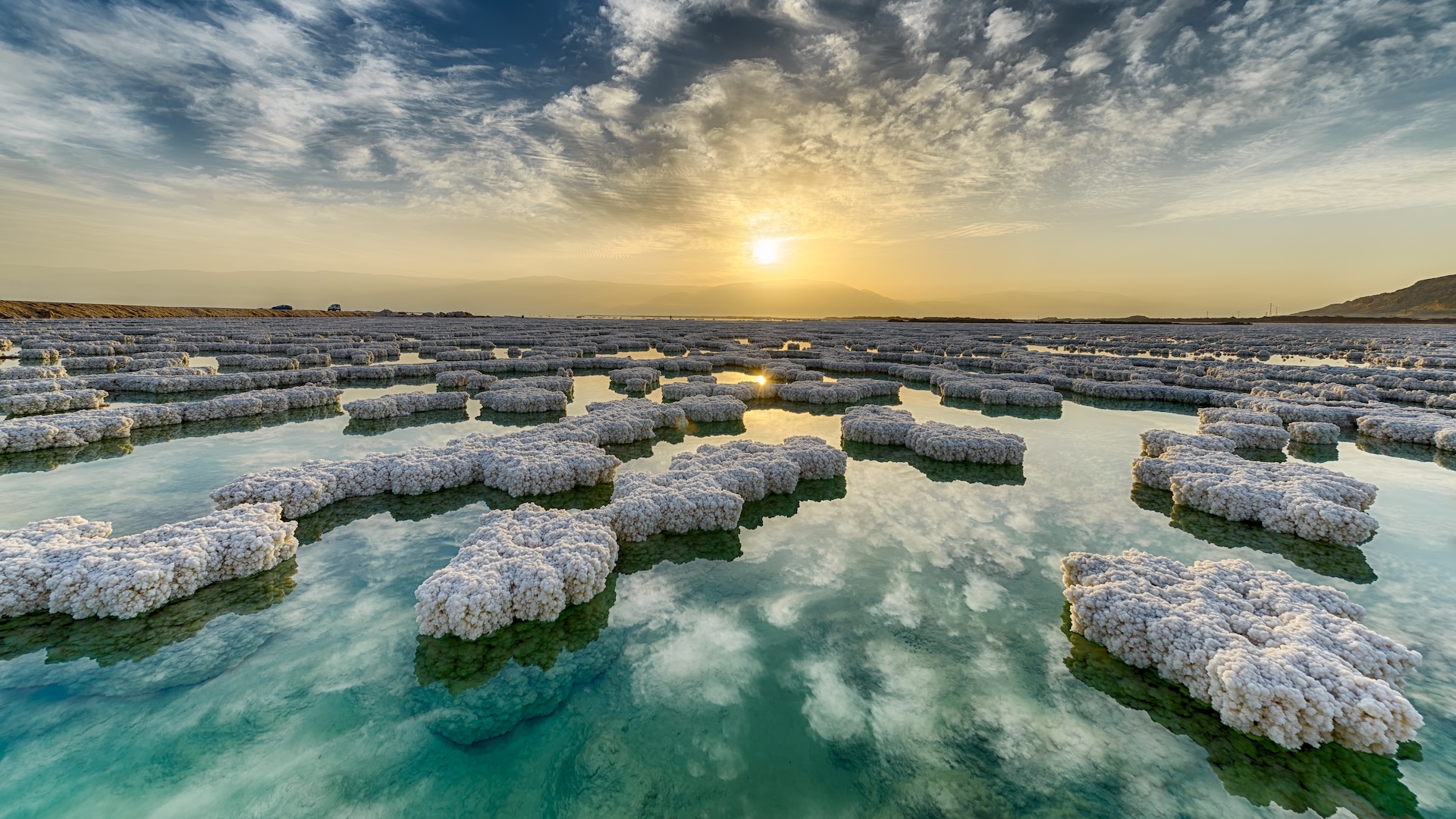
What's Earth's lowest point on land?
By Charles Q. Choi published
What's Earth's lowest spot on dry land — and how did it get to be that way?
Get the world’s most fascinating discoveries delivered straight to your inbox.
